With the recurring failure of Nigeria’s national power grid, experts in the power sector have advised that the Federal Government should decentralise infrastructure in the sector and put in place an efficient management of the system to boost electricity supply.
This call is coming as Nigeria has witnessed collapse of the national power grid for the third time in 2022, throwing many parts of the country into darkness.
Currently, the power output hovers between 3,500 and 4,000 Megawatts.
The experts made their call on Tuesday at Channels TV SunriseDaily talk show.
Professor of Electric Power and Control, Engineering, University of Lagos Prof. Frank Okafor, said the grid is too weak to serve a large area like Nigeria because what is generated and supplied to the grid for distribution to household is too small in relation to electricity demand across the country.
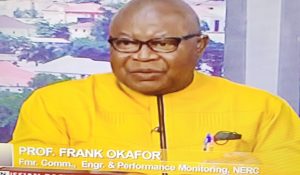
Prof. Okafor who is also a former commissioner, Engineering and Performance Monitoring, Nigerian Electricity Regulatory Commission (NERC), said the Federal Government should strive to decentralise vital infrastructure in the generation, transmission and distribution sub-sectors to ensure that when there is failure or problem of a given installation in one part of the country leading to drop in output, it would not result in collapse of the entire national grid.
“We need to look at the way we are controlling our grid. Let there be a situation where area controls would be more effective. Those areas should be control structures that can manage themselves and could go into what you could call islanding. That is to say when there is a problem with the entire grid some may break into islands. If you look at India for instance, there are plants that just serve a particular area; they don’t go to serve the whole grid,” Prof. Okafor stated.
READ ALSO: Three Reasons Nigeria’s Electricity Supply Wobbles – Barth Nnaji Exclusive
Also contributing during the programme, Engr Arthur Usiagwu, Chartered Electrical Engineer, and CEO of CCS Technology Ltd, said running a mono-grid system for a country with large geographical expansion and population of over 200 million people is not sustainable.
He said “a simple thing is to break this mono-grid system into various constituents. For example, why can’t Lagos that is consuming 50 per cent of electricity in Nigeria have its own micro-grid system? Why can’t Kano have its own micro-grid system? And you provide all the necessary energy base so that this issue of grid collapse would be a thing of the past.”

Engr Usiagwu called on the government to ensure that the ongoing constitutional review takes care of all legal issues that might prohibit decentralization of the power sector infrastructure.
He added that the government should equally deregulate the transmission sub-sector.
The Federal Government had while implementing the Electric Power Sector Reform Act of 2005, unbundled the generation and distribution sub-sectors while transmission arm remained under the control of the government.
General Secretary, National Union of Electricity Employees (NUEE), Comrade Joe Ajero, alluded to the fact that low power generation is one of the factors causing electricity crisis but observed that the problem at the moment is not from Transmission, being managed by the Transmission Company of Nigeria (TCN), but the distribution companies (DisCos).
He stated that the DisCos do not have the capacity to take all the power loads currently being generated which is wheeled to them by the transmission company, adding that they sometimes reject power loads.
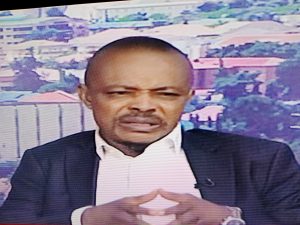
Ajero stressed the need for robust investments in distribution infrastructure to be able to carry more power loads for distribution to consumers.
On the transmission capacity of TCN, Ajero who is also the deputy president, Nigeria Labour Congress (NLC), said it can carry up to 5,000 or 6,000 Megawatts today.
He also urged government to provide adequate security for power facilities to stem the activities of hoodlums who vandalize electricity installations.
READ ALSO: Electricity Crisis: Our Response To National Grid Failure – Power Ministry
Prof. Okafor further emphasized on need for more investments going into the infrastructure generally and also putting in place an effective control system in terms of administration of the TCN to ensure optimal power supply management.
He said the country needs to increase its power generation base to 40,000 or 50,0000 megawatts.
Victor Ezeja is a passionate journalist with seven years of experience writing on economy, politics and energy. He holds a Master's degree in Mass Communication.

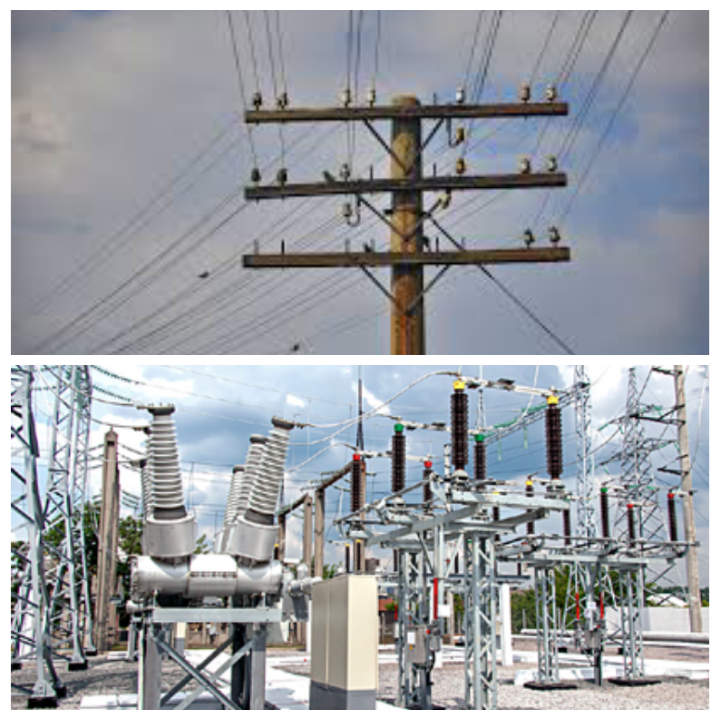



![Breaking: Tinubu Returns To Abuja After Europe Trip [Photos]](https://www.primebusiness.africa/wp-content/uploads/2025/04/Tinubu-returns-to-Abuja-Pohotos-2-720x480.jpeg)

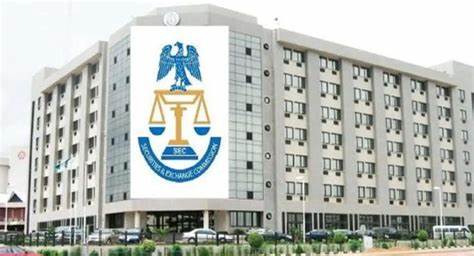









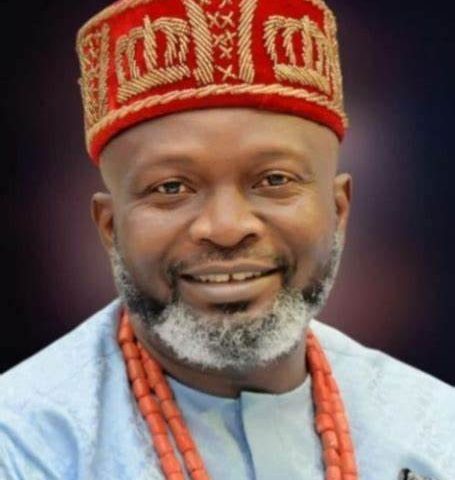
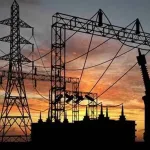
Follow Us